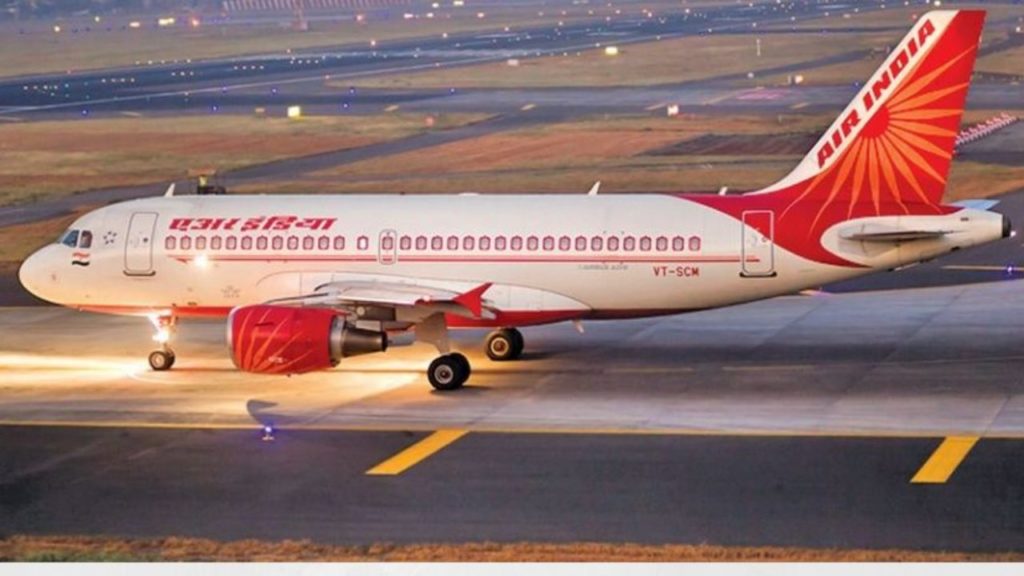Air Travel Will Become Costly; Not Likely To Resume Soon: Ex-Air India Director Predicts Future

The lockdown is not ending anytime soon, nor will you be travelling by air soon.
Ever wonder, what it would be like to travel by air post COVID-19 pandemic?
Will the aviation industry sustain this catastrophe?
Read to find out more…
Are Airline Companies and Airports Over Enthusiastic About Resuming Operations?
Many airline companies and airports are all geared up to resume operations. They have in place all the safety protocols and exit plans. But is that enough?
As many people are stranded away from home, they might be constantly checking the next flight home. Hence, these companies might be under the impression that there is still demand for air travel.
A sustainable flight operation cannot be foreseen and airline companies are bound to lose more money.
What Will Air Travel Be Like in the Post Coronavirus World?
Ex-Air India Exec Director and aviation expert Jitender Bhargava. predicted some changes in the aviation industry post pandemic.
- Social distancing will be a new norm in the flight. But this will impact the airline industry’s income. The Bureau of Civil Aviation Security (BCAS) has informed the Ministry of Civil Aviation about what needs to be done when flights resume. For instance – the middle seat is left vacant to have social distancing between two passengers. The last three rows in every flight be left vacant. If there is a suspected infected case on board, these rows can be used as an isolation ward. No food and drink to be served to minimize contact between crew and passengers.
- The days of cheap (air) travel are over. With 35-40% airplane empty, the airline companies are bound to increase the airfare.
- Safety Protocols will be stringent. Airlines are offering to give all passengers gloves and masks as a measure to ensure safety. But with over a hundred passengers on board, what if one careless passenger takes off his/her mask or is not willing to adhere to this norm, can the airline risk the safety of other passengers?
- The lockdowns have proved Work From Home (WFH) and video conferencing effective. This may lead to corporate companies reducing their air travel.
- Social distancing will be strictly followed at all checks on the airport. You will take much longer time at the airport before boarding a flight. Precautions must be taken and airlines will be advised to do so because it is the government’s responsibility to take care of you when you get infected with Coronavirus.
- Three Types of Losses of Airlines- a) Operation of Aircraft, Payment of Lease Rent and Payment of Employees. b) Airlines will hasten to return any aircraft that have a lease expiring soon. c) most Indian airlines have been ordering a large number of aircraft. Manufacturers must be insisting that they take delivery.
- Many airlines have a lot of flight operations to international destinations. With many countries banning entry and exit, aircraft grounded is going to cost all airlines enormously.
- Many airline companies are predicted to go bankrupt. Eight carriers across the world have collapsed, so it’s hard to say how many will survive (in India).
- Looking at the Indian Government’s financial situation, it might not be able to help the aviation industry during this crisis. Many countries in the world have come out with bailout packages. Some help could be forthcoming but to expect a total bailout, that’s not feasible. At best would be a tax deferment.
- The disinvestment of Indian Airlines can be put in cold storage. The airlines who could have been potential acquirers of Air India, are now in a bad state. Saddled with surplus capacity, why will they spend money to acquire Air India?

Comments are closed, but trackbacks and pingbacks are open.